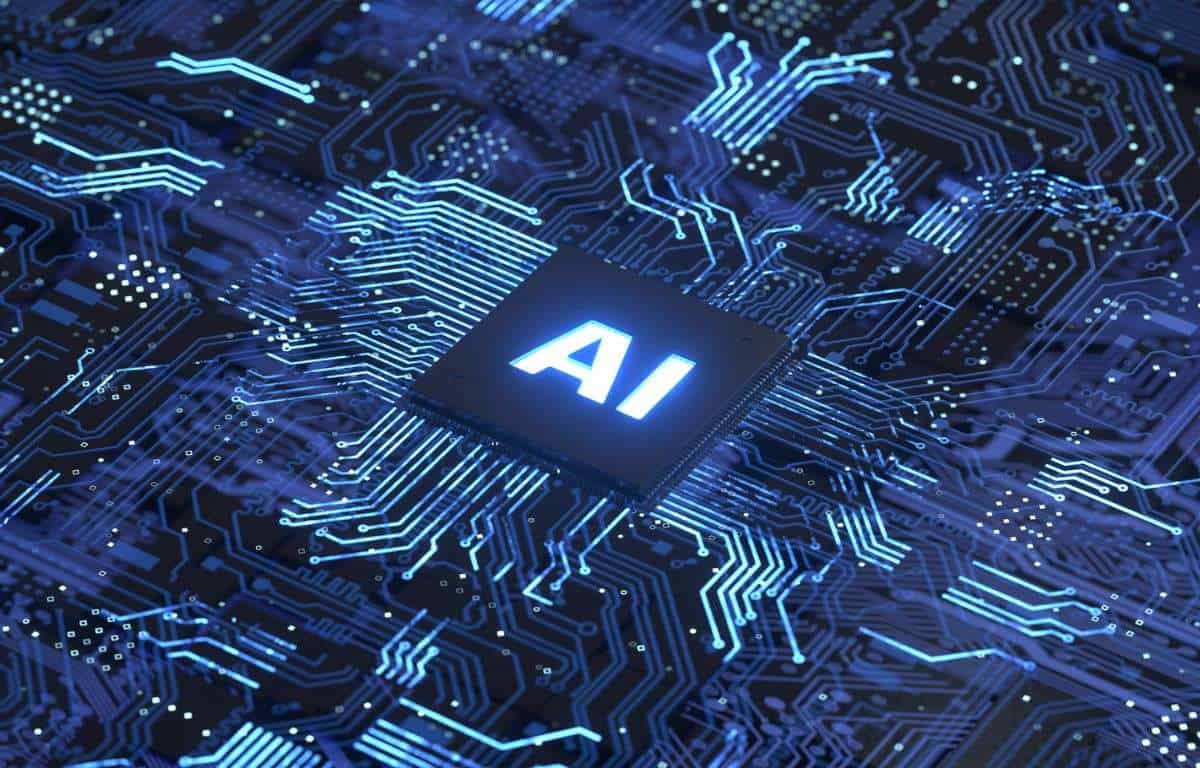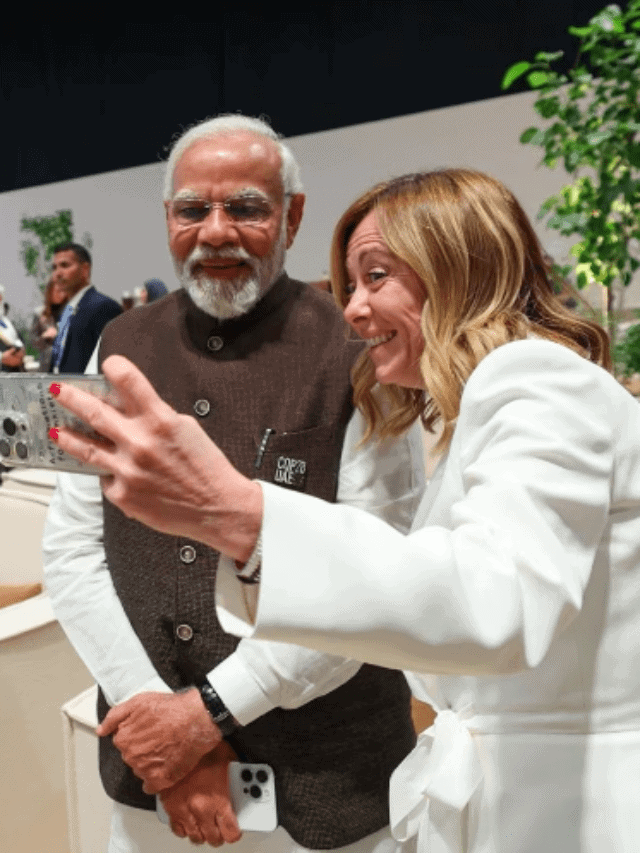SandboxAQ, a quantum and AI technology company, started as an under-the-radar project at Google parent Alphabet back in 2016, at a time when the world was talking about both of those technologies mostly in theoretical terms. Eight years later, a multitude of companies are exploring the intersection of quantum and AI, and how they can be leveraged together to advance computing, sensing, security, and more across a variety of industries.

But, no start-up can do it alone, and SandboxAQ said in November 2023 that it was partnering with GPU giant Nvidia to collaborate on using quantum and AI for chemistry simulations. Nine months later, the partners are highlighting the first fruits of this collaboration, as they recently announced an achievement that matched new AI models from SandboxAQ with Nvidia H100 GPUs and quantum technology to “push the limits of computational chemistry.”
SandboxAQ leveraged a new creation of its own called Large Quantitative Models (LQMs) and the Nvidia’s CUDA-accelerated Density Matrix Renormalization Group (DMRG) quantum simulation algorithm to enable “highly accurate Quantitative AI simulations of real-life systems with exacting accuracy, going beyond what Large Language Models (LLMs) and other AI models can currently do,” according to a statement. Combining the CUDA-DMRG algorithm, the Nvidia Quantum platform, and Nvidia accelerated computing allows these highly accurate calculations to be performed faster than they could have been done on CPUs, and more than doubles the sizes of computable catalysts and enzyme active sites calculated by the system, the companies said.
One of those sectors in computational chemistry, and Palo Alto, California-based SandboxAQ, spun off from Alphabet in 2022 to become an independent firm, is one of the companies leading the charge to harness quantum and AI for new innovations in the field that could enhance drug discovery, treatment of diseases, and matters of material science, like the chemical composition of batteries, among many other things.
“AI supercomputing is helping to solve critical problems in the chemical and pharmaceutical industries,” said Tim Costa, director of high-performance and quantum computing at Nvidia, said at the time of the announcement in late July. “SandboxAQ’s use of the Nvidia Quantum platform is facilitating simulations at an unprecedented scale, enabling scientists to rethink what’s possible in computational chemistry.”
To hear SandboxAQ’s side of the story, Fierce Electronics recently spoke with Nadia Harhen, general manager of AI simulation for SandboxAQ, about the partners’ achievement, the nature of LQMs, and what lies ahead.
Fierce Electronics: How is this achievement with Nvidia related to the partnership that SandboxAQ and Nvidia announced last November?
Nadia Harhen: It’s an update on how the companies have been working together and what they’ve been able to accomplish. The announcement highlights a breakthrough milestone that SandboxAQ and Nvidia have accomplished together as a result of the partnership announced last year. Combining the CUDA-acclerated DMRG algorithm, the Nvdia Quantum platform, and Nvidia accelerated computing, we showed that our approach speeds up highly accurate chemistry calculations more than 80x compared to [128-core] CPU-based calculations.
FE: What is the next step for SandboxAQ and Nvidia after this achievement?
NH: We are just getting started. In this first demonstration we showed how Nvidia’s advanced computing capability can be used today to accelerate generating high accuracy data for LQMs. In the next step, we want to scale this up to a larger GPU cluster and demonstrate that it can capture more complex chemistry than it’s possible today. We intend to expand this beyond calculating energetics and to leverage this level of speed up in generating massive databases of other important chemical properties.
FE: We have heard a lot about LLMs in the last year or so, but what are LQMs?
NH: LQMs are large quantitative models, and unlike LLMs, they are trained on large volumes of proprietary, high accuracy physics-based data to predict real-world properties of drugs and materials and to generate novel chemical compounds for different applications. LQM’s are founded on a paradigm of equation-based computing used to generate accurate training data for physics-aware ML models, which are then used to speed up simulation and prediction of physical quantities, creating a virtuous cycle of accelerated data generation as a result.
FE: What could the evolution of large quantitative models imply for the future use of LLMs for computational chemistry applications?
NH: While LLMs are great at textual data extraction, summarization, and other text-focused tasks, LQMs learn the physics of matter from high accuracy physics-based simulations to represent physical and chemical interaction of matter. Therefore, LQM’s will not replace LLMs, [but] they massively expand the applicability of large deep learning models to use cases that LLMs have nothing to offer like designing new sustainable materials, and better drugs. It is likely that LLMs will continue to be used for extracting chemical data from papers and patents. However, for designing a new three-dimensional drug molecule that binds well to a specific protein, a different type of deep learning model is needed, one that has learned the physics of chemical interactions from first principles. This is why we at SandboxAQ have created LQMs.

FE: Did this collaboration leverage the technology assets that came to SandboxAQ through your company’s January 2024 acquisition of quantum and AI computational chemistry company Good Chemistry?
NH: The Nvidia-SandboxAQ partnership predates the GC acquisition and the work on this milestone started from day one. However, as evident by the preprint (https://arxiv.org/abs/2407.07411), which has contributors from both original sandboxAQ and GC teams, the acquisition and integration has been successful in bringing the two teams together to accomplish an extraordinary milestone in accelerating AI-driven chemistry. We are now one team with one dream, using advanced computing to transform the way materials and drugs are designed.
FE: Were these simulations performed on Nvidia H100 GPUs, and do you plan to do any future work with new Nvidia Blackwell GPUs or other generations?
NH: The work was performed on Nvidia’s DGX-H100 with 8 GPUs. We are currently exploring possibilities of expanding the work to larger GPU architectures like GH-200. And Yes, our approach will benefit substantially from the new generation Blackwell machines.. We are in active conversations with Nvidia on hardware needs and specialized software acceleration for quantum chemistry and other workflows relevant to biological and chemical systems, we’ve also shown early results where high-dimensional LQM methods can unlock new opportunities for the financial services sector.
Read More-Decoding cloud computing careers: Looking into the jobs in the industry (Infographic)
























